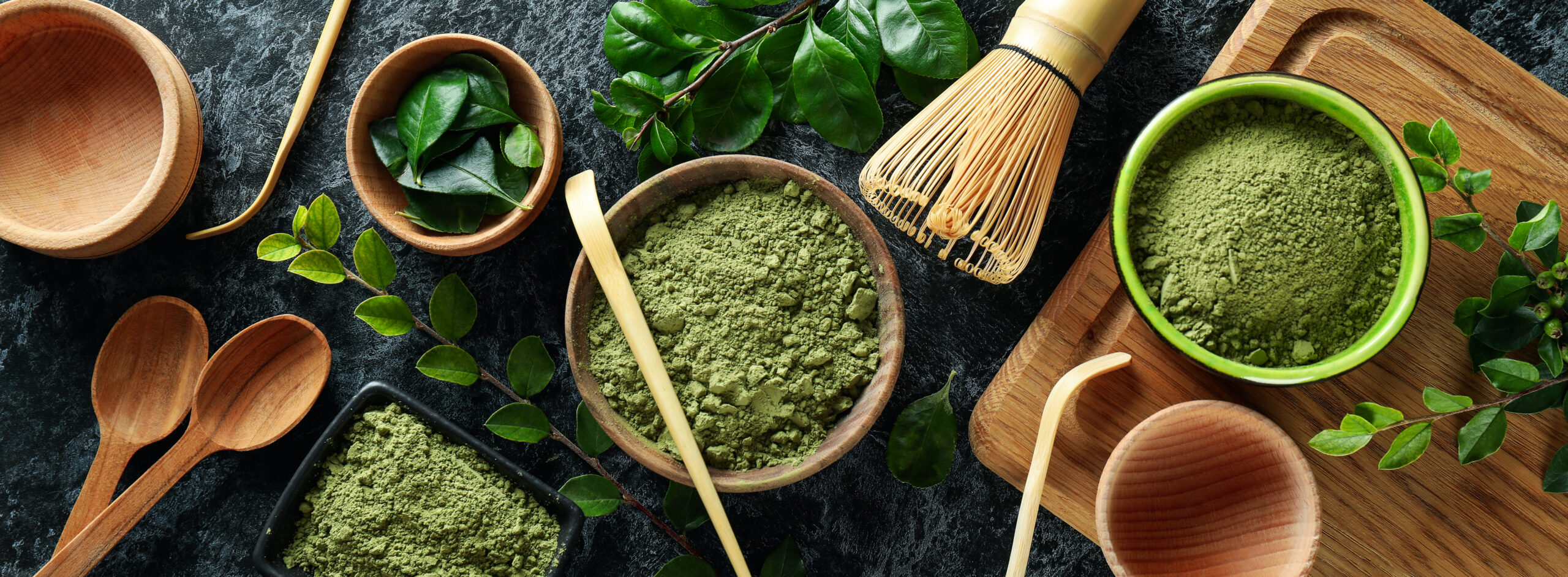Introduction
Kratom, a tropical tree native to Southeast Asia, has been at the center of a growing debate.
Its leaves contain compounds that interact with opioid receptors in the brain, producing effects that have both intrigued and alarmed the scientific community (not to mention we, the recovery community).
This article delves into the complexities of Kratom, exploring its use, effects, and potential implications in addiction recovery.
At Reaction Recovery, we have helped dozens of people taper off high-dose Kratom use, so this is a growing problem that we know well.
What is Kratom?
Kratom is a natural substance derived from the leaves of the Mitragyna speciosa tree.
It has been used in traditional medicine for centuries, but its recent emergence in Western countries has sparked interest and concern.
Kratom’s Chemical Composition
Kratom’s active compounds, mitragynine and 7-hydroxymitragynine, interact with opioid receptors in the brain. These compounds are responsible for the various effects of Kratom, ranging from pain relief to sedation.
The Effects of Kratom
Kratom’s effects are multifaceted and depend on the dosage and strain.
They can be broadly categorized into stimulant-like effects at low doses and opioid-like effects at higher doses.
Stimulant-like Effects
At low doses, Kratom can increase energy, enhance mood, and improve focus. It has been compared to caffeine in its ability to provide a mild stimulant effect.
Opioid-like Effects
At higher doses, Kratom’s effects resemble those of opioids.
It can produce feelings of euphoria, pain relief, and sedation. These effects have led to its use as a recreational substance and what some have believed to be a potential tool for managing opioid withdrawal.
Kratom and Addiction
Kratom’s opioid-like effects have raised concerns about its potential for addiction and abuse.
While some argue that it can be a tool for managing opioid withdrawal, others warn of the risks of replacing one addiction with another.
The Risk of Addiction
Kratom’s interaction with opioid receptors means that it has the potential for addiction.
Regular use can lead to physical dependence, and withdrawal symptoms can occur if usage is abruptly stopped.
You would be hard pressed these days to spend much time in and around the addiction recovery community and not personally know someone who is or has been recently addicted to Kratom.
Kratom and Opioid Withdrawal
That being said, some people have turned to Kratom as a means of managing withdrawal symptoms from more potent opioids.
While there is anecdotal evidence to support this use, the lack of scientific research and the risk of addiction to Kratom itself make this a controversial approach, and one that we do not endorse.
Although it is true that head-to-head, Kratom is a less toxic compound than the more potent opioids, the debate comes from the fact that there is no good evidence that switching to Kratom use for any period of time will reduce the likelihood of future opioid use.
In fact, there are many people who would argue that Kratom use during a period of willingness to abstain from the original opioid of choice will reduce the likelihood that a strong foundation of recovery will be formed.
The Legal Status of Kratom
Kratom’s legal status varies by country and even by state within the United States. Its classification as a legal substance, a controlled substance, or an illegal drug depends on local regulations.
Regulation and Controversy
The lack of regulation and standardization of Kratom products has led to concerns about quality control and potential contamination. The varying legal status has also contributed to confusion and controversy surrounding its use.
The Medical Community’s Perspective
The medical community remains divided on Kratom. While some see potential therapeutic benefits, others warn of the risks and lack of scientific research.
Potential Therapeutic Uses
Some researchers are exploring Kratom’s potential as a pain management tool and a means of reducing opioid dependence. Its unique combination of stimulant-like and opioid-like effects offers a novel approach to various medical challenges. However, we have already spoken to the concerns with this approach.
Concerns and Warnings
Others in the medical community warn of the risks of addiction, potential interactions with other medications, and the lack of standardized products. The need for more research and regulation is a common theme among those expressing concerns.
Conclusion
Kratom is a complex and multifaceted substance.
Its unique combination of effects has led to both interest and concern.
While there is potential for therapeutic use, the risks of addiction, legal ambiguity, and lack of regulation make it a substance that must be approached with caution.
The exploration of Kratom’s potential benefits and risks is an ongoing process. As research continues, a more nuanced understanding of this substance will emerge.
Until then, awareness, caution, and responsible use are essential.
Recovery from all addictions requires a strong foundation.
It’s tempting to look for a gentle and comfortable road, but there are consequences to this approach. ♥️
“Shortcuts make for long delays.”
J.R.R. Tolkien
Summary
- Kratom is a natural substance with both stimulant-like and opioid-like effects.
- Its chemical composition includes compounds that interact with opioid receptors, leading to various effects.
- Addiction risk is a significant concern, and Kratom’s role in managing opioid withdrawal is controversial.
- Legal status varies widely, contributing to confusion and controversy.
- The medical community is divided, with some seeing potential benefits and others warning of risks.
- Conclusion: Kratom’s complexity requires careful consideration, awareness, and responsible use.


0 Comments